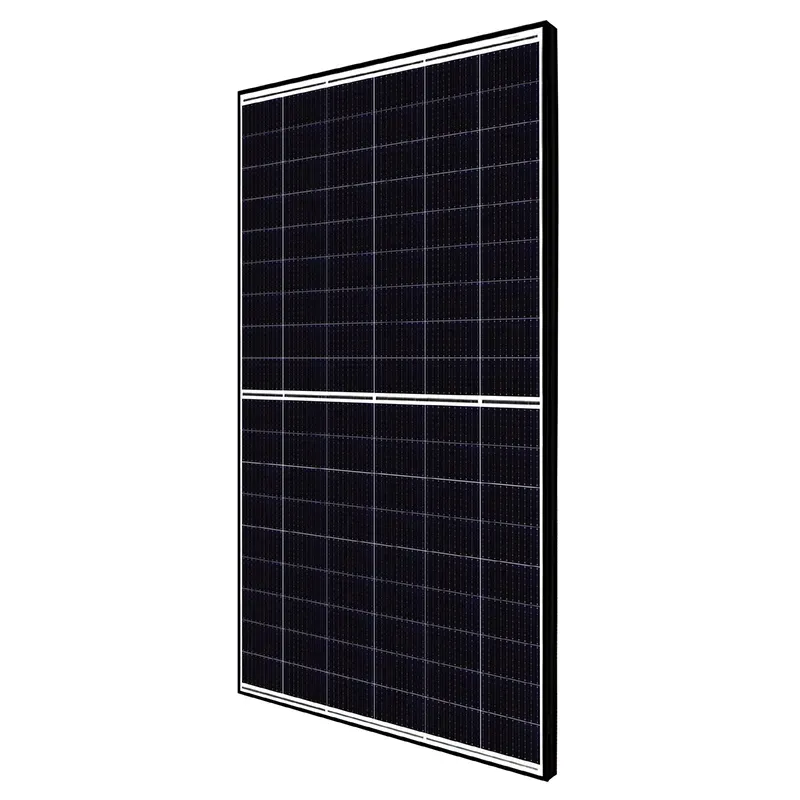Off-Grid Solar Panel System for Sustainable Energy Independence
Understanding Solar Panel Off-Grid Systems
In recent years, the demand for renewable energy solutions has surged, with solar power leading the charge. Among the various systems available, off-grid solar panel systems have gained significant traction. These systems offer an independent energy solution for those living in remote areas, as well as for people looking to become more energy self-sufficient. In this article, we will explore what off-grid solar panel systems are, their components, benefits, and considerations for potential users.
What is an Off-Grid Solar Panel System?
An off-grid solar panel system is a solar power installation that is not connected to the traditional electricity grid. Instead of relying on a utility company for electricity, these systems generate power independently, allowing users to produce and consume their own energy. Off-grid systems are particularly advantageous in rural areas where grid access may be limited or non-existent, but they are also appealing to urban dwellers who want to reduce their reliance on fossil fuels.
Key Components of Off-Grid Systems
The primary components of an off-grid solar system include
1. Solar Panels These are the most important part of the system, converting sunlight into electricity. Typically, polycrystalline or monocrystalline panels are used, each with its own efficiency and cost considerations.
2. Battery Storage Since sunlight isn’t available all day, especially during the winter or cloudy months, a battery storage system is crucial. Batteries store the electricity generated by the solar panels, allowing users to access power even when solar generation is low.
3. Charge Controller This device regulates the voltage and current coming from the solar panels to the batteries. It ensures that the batteries are charged correctly and prevents them from overcharging or being excessively discharged.
4. Inverter An inverter is essential for converting the direct current (DC) electricity produced by solar panels into alternating current (AC), which is the form of electricity used by most household appliances.
5. Backup Generator (Optional) For additional reliability, some off-grid systems include a backup generator that can provide power during extended periods of low solar generation.
solar panel off grid system

Benefits of Off-Grid Solar Panel Systems
1. Energy Independence Off-grid systems provide users with the ability to generate and control their own energy supply. This independence can be empowering, particularly in remote locations or areas prone to power outages.
2. Environmental Impact Utilizing solar energy reduces reliance on fossil fuels, thereby decreasing greenhouse gas emissions and contributing to a cleaner environment.
3. Cost Savings While the initial setup costs for off-grid solar systems can be high, the long-term savings are significant. Users can eliminate or significantly reduce their monthly electricity bills and, in some cases, can become entirely electricity cost-free.
4. Grid Security Off-grid installations are not affected by mainstream grid issues. This means that during blackouts or accidents affecting the utility supply, off-grid users can still have power.
Considerations for Off-Grid Systems
While off-grid solar systems have numerous advantages, there are also challenges to consider. The initial costs for purchasing and installing a complete system can be substantial, and users must have a suitable amount of space for solar panels and batteries. Additionally, proper planning is crucial; users need to assess their energy needs to determine the size of the system required.
Maintenance is another factor; although solar panels have a long lifespan, batteries must eventually be replaced, and the system requires regular checks to ensure everything operates efficiently. Lastly, off-grid systems might not provide the same consistent power supply as traditional grid systems, especially during prolonged periods of poor weather.
Conclusion
Off-grid solar panel systems present an exciting and sustainable energy solution for those seeking independence from the traditional power grid. With the right planning, investment, and maintenance, these systems can provide clean, reliable energy for years to come. As the world continues to move toward renewable energy sources, off-grid solar solutions will undoubtedly play a vital role in shaping a more sustainable future.
-
String Solar Inverter: The High-Efficiency Solution for Smart Solar EnergyNewsJul.14,2025
-
Revolutionizing Rooftop Energy with the Power of the Micro Solar InverterNewsJul.14,2025
-
Power Independence with Smart Off Grid Solar Inverter SolutionsNewsJul.14,2025
-
On Grid Solar Inverter: Powering the Future with Smart Grid IntegrationNewsJul.14,2025
-
Monocrystalline Solar Panels: High-Efficiency Power for the Future of Clean EnergyNewsJul.14,2025
-
Bifacial Solar Panel: A Smarter Investment for Next-Generation Energy SystemsNewsJul.14,2025







